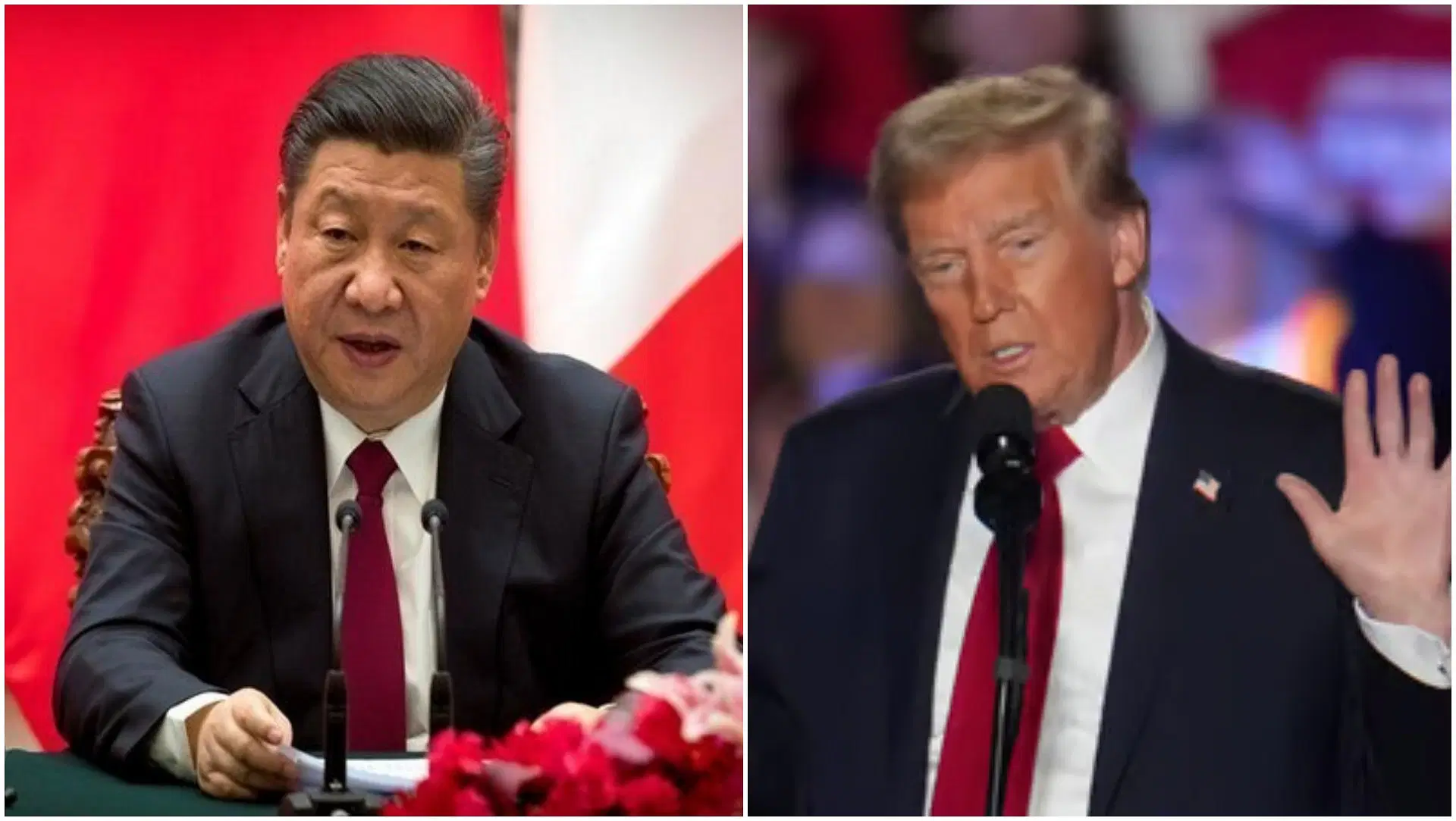Pew Survey: America Losing Global Trust as China’s Image Improves, Especially After Trump’s Return
Washington, D.C. – In a surprising shift in global opinion, a new Pew Research Center survey reveals that the world’s perception of the United States is deteriorating while views of China and its President Xi Jinping are steadily improving — even in many traditionally pro-American, high-income Western nations. This trend appears to have accelerated with the political resurgence of Donald Trump and increasing global skepticism towards American leadership.
The Pew survey, conducted across 25 countries and involving over 30,000 respondents between January 8 and April 26, 2025, paints a complex picture of shifting geopolitical sentiments. According to the data, 32% of respondents in high-income countries now view China positively — a notable increase from just 23% in the previous year. This indicates a growing acceptance of China in regions that were once strongholds of American influence.
Meanwhile, perceptions of the United States have slipped, particularly with Trump back at the forefront of American politics. The survey shows that only 35% of people in 10 advanced economies, including Canada, Germany, France, and Italy, hold a favorable opinion of the U.S. — a steep drop from 51% last year.
Trust in the U.S. Wanes, China Gains Ground
The survey underscores a significant decline in global trust toward the United States, with many countries increasingly viewing the nation as a less dependable ally. Laura Silver, Associate Director of Research at Pew, noted that confidence in America’s role on the world stage has weakened, and global faith in American leadership is shrinking, particularly due to Trump’s controversial policies.
During Joe Biden’s presidency, the gap between international attitudes toward the U.S. and China was more favorable to America. However, under Trump’s renewed influence — marked by protectionist tariffs, cuts to foreign aid, and restrictive immigration policies — the U.S. is seen as increasingly isolationist and unpredictable.
Notably, Pew’s survey indicates that in eight of the 24 surveyed nations, the U.S. is still viewed positively. However, in seven countries, China is now seen as a more reliable partner. Two countries rated both nations equally.
Democrats Blame Trump for Declining Global Image
Back home, even within the U.S., criticism of Trump’s foreign policies is mounting. A group of Democratic senators this week condemned the Trump administration for significantly undermining America’s global credibility. They pointed to decisions such as reducing foreign aid, escalating trade wars with allies, imposing visa restrictions on international students, and targeting elite educational institutions as moves that alienate allies and tarnish the nation’s reputation.
According to the Pew survey, the impact of these actions is now visible globally. In some cases, these policies have led to a sense of resentment and disillusionment, especially among high-income countries that were once staunch supporters of American leadership.
China’s Rising Soft Power
Despite facing criticism over human rights issues and its handling of the COVID-19 pandemic, China has managed to bolster its global image in recent years. The rise in China’s favorability in the West may reflect strategic diplomatic moves, economic partnerships, and growing perceptions of Beijing as a counterbalance to Washington.
In Israel, the U.S. continues to enjoy high support, with 83% of Israelis viewing it favorably. However, even here, 33% of respondents also expressed positive views about China. Interestingly, while 69% of Israelis hold a favorable view of Trump, only 9% expressed approval for Xi Jinping — highlighting the nuanced nature of international opinion.
Global Opinions Continue to Shift
This latest Pew survey confirms a broader trend: the world is reassessing its trust in long-standing superpowers. As geopolitical landscapes evolve, public perceptions are influenced not only by diplomatic relations and economic policy but also by the personalities leading these nations. The data suggest that America’s influence is no longer as dominant or unquestioned as it once was, and China is steadily stepping into a more favorable global role.
With a margin of error ranging from ±2.5 to ±4.7 across surveyed countries, the findings offer a statistically significant reflection of how the world views the shifting balance of power between the U.S. and China.
